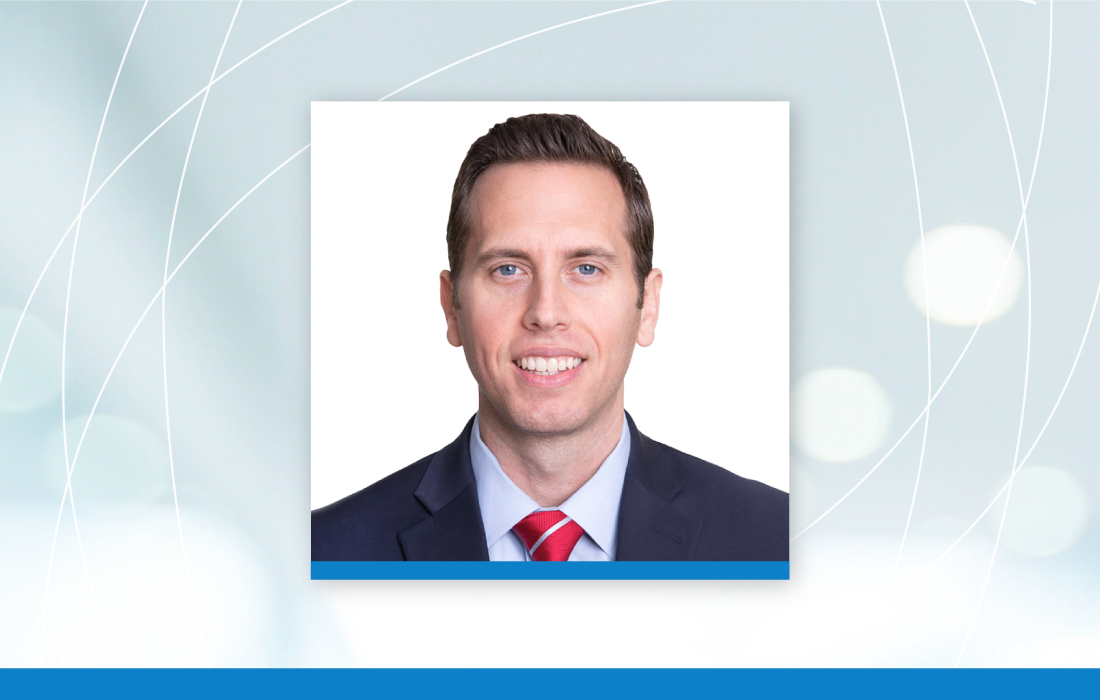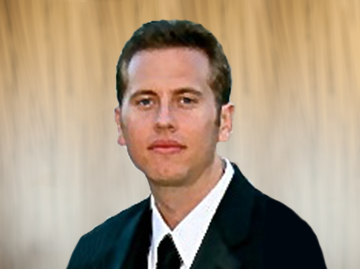Q&A with Matthew McDonnell, MD – Spine Surgeon

 Dr. Matthew McDonnell has always been fascinated by the anatomy of the spine and the central nervous system. Growing up, the exposure he had to medical events in his family drew him into surgery. By the time he arrived in medical school, which he attended in his native New Jersey, he says, “In a general sense, I fell in love with medicine.” McDonnell, who was born and raised in Sayreville, ran track and cross-country and swam in high school, and also swam competitively in college. In addition to the patients with degenerative conditions, this also helps give him the appreciation and insight “to work with athletes to make them healthy and continue what they enjoy.”
Dr. Matthew McDonnell has always been fascinated by the anatomy of the spine and the central nervous system. Growing up, the exposure he had to medical events in his family drew him into surgery. By the time he arrived in medical school, which he attended in his native New Jersey, he says, “In a general sense, I fell in love with medicine.” McDonnell, who was born and raised in Sayreville, ran track and cross-country and swam in high school, and also swam competitively in college. In addition to the patients with degenerative conditions, this also helps give him the appreciation and insight “to work with athletes to make them healthy and continue what they enjoy.”
How did you get into your field, and your specialty?
The diversity of patients, broad spectrum of problems and conditions, and the ability to dramatically improve a patient’s quality of life make the medicine exciting and drew me into the field of orthopedics and spine surgery. I enjoy the complexity of the conditions I treat and surgeries I perform as a spine specialist. I was blessed to have trained with, and was inspired by, some amazing mentors in my residency and fellowship.
Explain the type of people you treat?
Some of my patients are elderly and suffering from conditions that have resulted from degeneration of the spine as they age; others may be young and are suffering from an acute injury or traumatic event. The diversity of the patients I treat makes my job exciting. Some problems I commonly see and treat include cervical or lumbar stenosis, myelopathy, radiculopathy, disc herniations, spondylolisthesis and fractures of the spine.
What is your personal philosophy of treatment?
My philosophy is to listen carefully to each and every patient’s story. By listening I feel I can address their concerns, questions and fears. It’s then important to tailor a treatment plan for each individual, because every patient brings a unique set of goals, needs, demands, and risks.
What are the innovations in your specialty?
Artificial disc replacement has gained popularity recently as long-term data shows equal and better outcomes in comparison to cervical spinal fusion. Another innovation has been development of a safe, minimally invasive lateral approach to the spine which can be used as an alternative to the more traditional anterior approach to the spine for certain patients and scenarios. Lastly, the use of biologics and stem cell technology to enhance spinal fusions is a major innovation currently being used, and in the future may be used to facilitate disc regeneration, as opposed to disc removal and fusion, which is currently performed.

